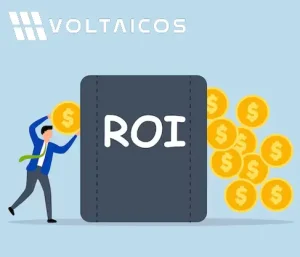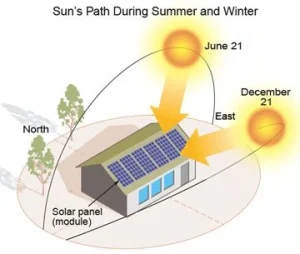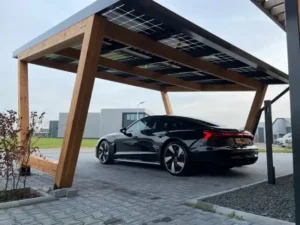
The ROI of Solar Panels in Algarve: 5-Year Financial Projection
The ROI of Solar Panels in Algarve: 5-Year Financial Projection The Algarve is one of the sunniest regions in Europe, with over 300 days of sunshine per year. For homeowners and investors, this creates a unique opportunity: solar panels aren’t just about sustainability, they’re about strong financial returns. But how much money can you really save? And what does the 5-year ROI of a solar installation look like in Portugal?



